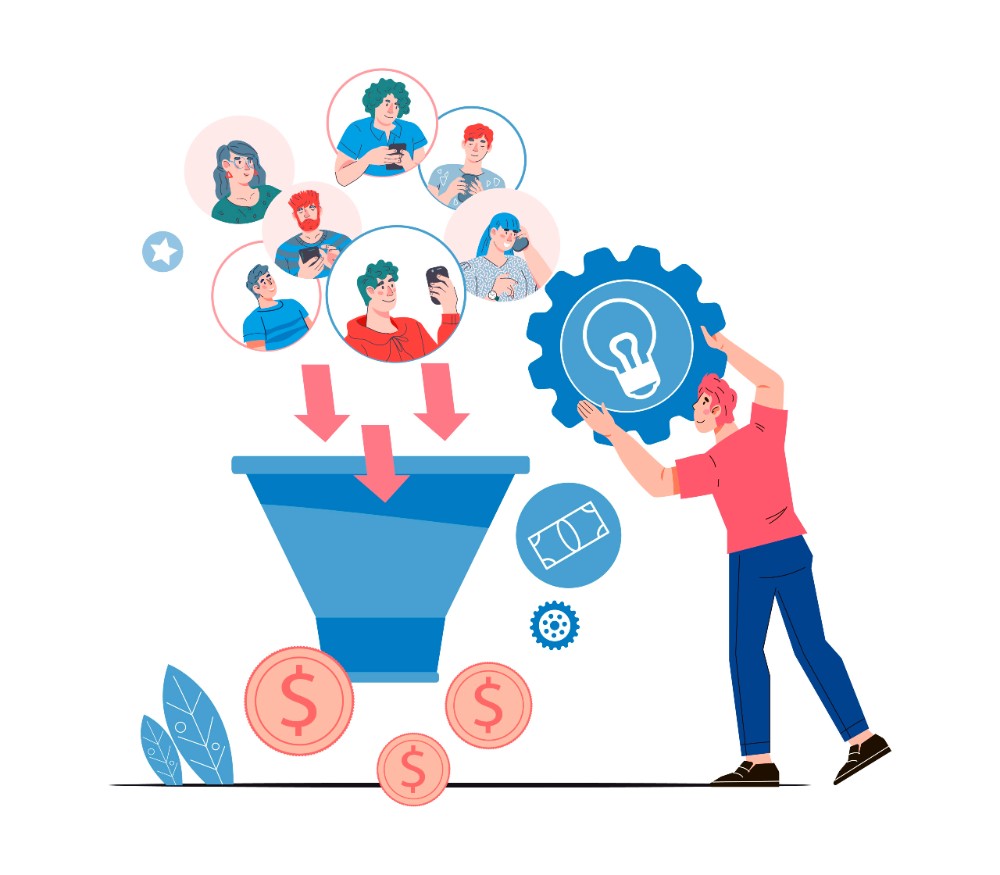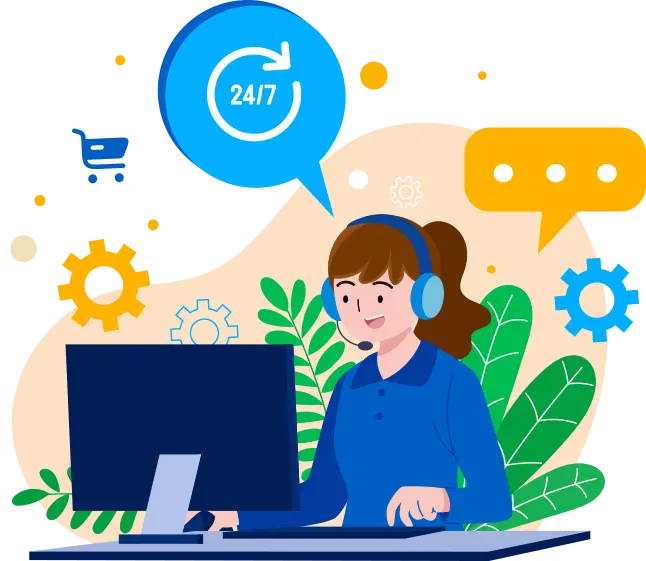The workplace is no longer a fixed location it’s a dynamic ecosystem of people, tools, and changing expectations. As global workforces continue to decentralize and hybridize, companies need more than talented individuals. They need teams built for resilience, agility, and long-term adaptability.
In this era of acceleration, HR technology is not just about automation it’s a strategic enabler of human potential. From digital onboarding to predictive people analytics, the right stack can help businesses stay ahead of change, attract next-gen talent, and future-proof their operations.
At Talenteum, we believe that technology combined with human-centered design is the key to unlocking this new future of work.
This article explores how HR tech builds resilient, distributed teams and helps businesses cultivate a change-ready culture one that thrives in uncertainty and leads through transformation.
Building a workforce that bounces back: Resilience by design
If the last few years taught us anything, it’s this: Resilience is not optional.
Today’s teams must be able to pivot rapidly, adopt new tools, work across time zones, and weather unexpected changes whether they’re economic, technological, or geopolitical.
HR technology helps make this resilience systemic and measurable.
Here’s how:
- Employee listening tools (e.g., Officevibe, Peakon) measure morale, fatigue, and motivation in real time.
- Wellbeing platforms provide digital mental health support to remote teams, wherever they are.
- Automated pulse surveys empower HR leaders to identify stress hotspots before they escalate.
- Flexible work management systems enable hybrid schedules and task delegation across continents.
Insight is the new currency. Tech-driven resilience allows companies to act fast not react late.
Companies using platforms like Talenteum also enjoy geo-resilient compliance and payroll, ensuring continuity even in volatile contexts.
Leadership isn’t one-size-fits-all: Why personalization wins
Leadership is evolving. No longer defined by titles and corner offices, modern leadership is distributed, empathetic, and tech-enabled.
In remote-first organizations, every manager must become a change agent, capable of supporting diverse teams through transformation. Yet, leadership needs are not uniform. Frontline supervisors, mid-level managers, and executive leaders require distinct developmental journeys.
HR tech enables this by:
- Providing AI-powered leadership training tailored by role, team dynamics, or maturity level.
- Enabling real-time feedback systems that support coaching and growth not just evaluation.
- Creating digital environments for peer learning, cross-border mentorship, and 360° reviews.
- Equipping leaders with dashboards to monitor team wellbeing, engagement, and productivity.
Moreover, HR analytics tools allow decision-makers to identify future leaders based on performance patterns not just personality.
When tech supports every leader not just the C-suite you build an organization where resilience flows from the top down and from the bottom up.
Next-Gen talent meets next-nen tools: Understanding the Gen Z Workforce
By 2025, Gen Z will represent over one-third of the global workforce. Raised on smartphones and social justice, they’re digital natives with high expectations and a low tolerance for outdated systems.
Gen Z brings:
- A demand for purpose-driven work
- High fluency in digital collaboration
- A need for real-time feedback and clear growth paths
- Concerns about job security, climate change, and wellbeing
HR tech helps meet these expectations by:
- Offering mobile-first platforms for learning, benefits access, and internal mobility
- Supporting asynchronous communication ideal for Gen Z’s flexible, self-managed work style
- Tracking performance and giving instant, constructive feedback
- Integrating career pathing tools that visualize how skills lead to opportunity
But it’s not just about perks or UX. Gen Z also craves transparency, inclusion, and social responsibility.
Companies using platforms like Talenteum to hire and support Gen Z talent remotely must also invest in tech that tells the story of their culture, values, and mission.
From admin to strategy: Elevating HR with technology
Traditionally, HR was bogged down by repetitive administrative tasks. But today’s tools have freed HR leaders to become true strategic partners.
With the right HR stack, you can:
- Automate payroll, leave management, and documentation across borders
- Deploy skills assessments and performance tracking dashboards
- Link employee data to strategic KPIs like retention, cost-to-hire, and productivity
- Identify talent gaps and proactively fill them through remote recruitment pipelines
With platforms like Talenteum, companies can hire top-tier professionals in emerging markets without opening entities. This means HR teams can spend less time on legal and tax risk, and more time on upskilling, mentoring, and engagement.
The result? A team that is not only compliant but also capable of evolving with your company’s vision.
From insight to action: Why readiness is measurable
It’s one thing to say your team is ready for change. It’s another to prove it with data.
Today’s HR tech makes it possible to measure readiness as a leading indicator not just a lagging one.
You can now:
- Track training completion and skills development
- Analyze internal mobility patterns to measure agility
- Monitor engagement trends before turnover rises
- Predict burnout risks based on workload and sentiment data
- Use AI to recommend next steps for individual growth or team development
This level of insight helps HR and leadership teams move from reactive to proactive talent management.
And when coupled with tools like Talenteum’s EOR services, you gain an end-to-end solution: from global recruitment to continuous growth, fully aligned with your long-term business strategy.
The strategic imperative: Why change-readiness drives growth
Change-readiness isn’t an HR trend. It’s a business necessity.
In an era defined by AI, climate urgency, and borderless hiring, the companies that will thrive are not the biggest but the most adaptable.
Here’s what a change-ready workforce means for your business:
- Faster time-to-market with agile teams ready to take on new products or geographies
- Lower risk from economic shocks or employee churn
- Stronger culture rooted in learning, feedback, and shared purpose
- Greater talent attraction from global candidates who value growth and flexibility
- Improved ROI on hiring, development, and retention initiatives
At Talenteum, we’ve seen firsthand how companies that invest in the human side of tech gain a competitive edge.
You’re not just building a team. You’re building a workforce designed for uncertainty, empowered by insight, and built to grow.
Tech + Talent = Transformation
The future of work won’t be built by robots but by humans who know how to adapt, lead, and thrive in a world shaped by technology.
HR technology isn’t here to replace people. It’s here to empower them. To free HR professionals from manual work. To give employees a better experience. To help leaders become better listeners, mentors, and motivators.
And with tools like Talenteum, companies of all sizes can now hire globally, remain compliant, and focus on developing the most valuable asset of all their people.
FAQ – Building a change-ready workforce with HR Technology
A change-ready workforce is one that’s agile, resilient, and prepared to adapt quickly to new technologies, market shifts, and organizational changes. These teams embrace continuous learning, flexible work models, and collaborative tools to stay productive in any context.
HR tech tools help foster resilience by:
• Monitoring employee wellbeing in real time
• Automating repetitive tasks to reduce burnout
• Offering mental health support and flexible scheduling
• Allowing leaders to identify and address stress before it affects performance
Resilience becomes measurable and manageable through data-driven platforms.
Depending on your needs, you might implement:
• Onboarding & compliance tools (e.g., Talenteum’s global employment solution)
• Learning management systems (LMS) for skill development (e.g., 360Learning, Coursera)
• Employee experience platforms (e.g., Leapsome, CultureAmp)
• Performance & feedback systems (e.g., Lattice, 15Five)
• People analytics tools to measure sentiment, development, and turnover risks
Gen Z values purpose, flexibility, and growth. HR technology can help by:
• Providing mobile-first platforms for training and communication
• Enabling transparency on performance and career progression
• Supporting asynchronous workflows
• Offering mental health tools and regular check-ins via digital platforms
Yes. Many modern HR platforms offer scalable pricing models suitable for startups and SMEs. Platforms like Talenteum help smaller companies hire internationally without setting up costly subsidiaries, making global expansion affordable and compliant.
Talenteum is more than a global Employer of Record it’s a strategic HR partner that:
• Enables compliant cross-border hiring
• Provides legal, payroll, and benefits infrastructure
• Supports distributed teams with stability and structure
• Allows companies to focus on growth, development, and performance not admin
You can measure change-readiness through:
• Learning engagement (course completions, upskilling stats)
• Employee sentiment trends
• Internal mobility and promotion rates
• Adoption rates of new tools and processes
• Turnover or retention metrics after organizational change
The best HR tech turns these into actionable insights.
Many companies treat HR tech as just a tool not as part of a strategic shift in culture. The biggest mistake is implementing platforms without aligning them to:
• Your people’s needs
• Your leadership approach
• Your long-term talent strategy
Technology must serve people not replace or overwhelm them.

👉 Contact us to discuss your project and avoid the pitfalls of international outsourcing, or explore our tech platform at: www.breedj.com




